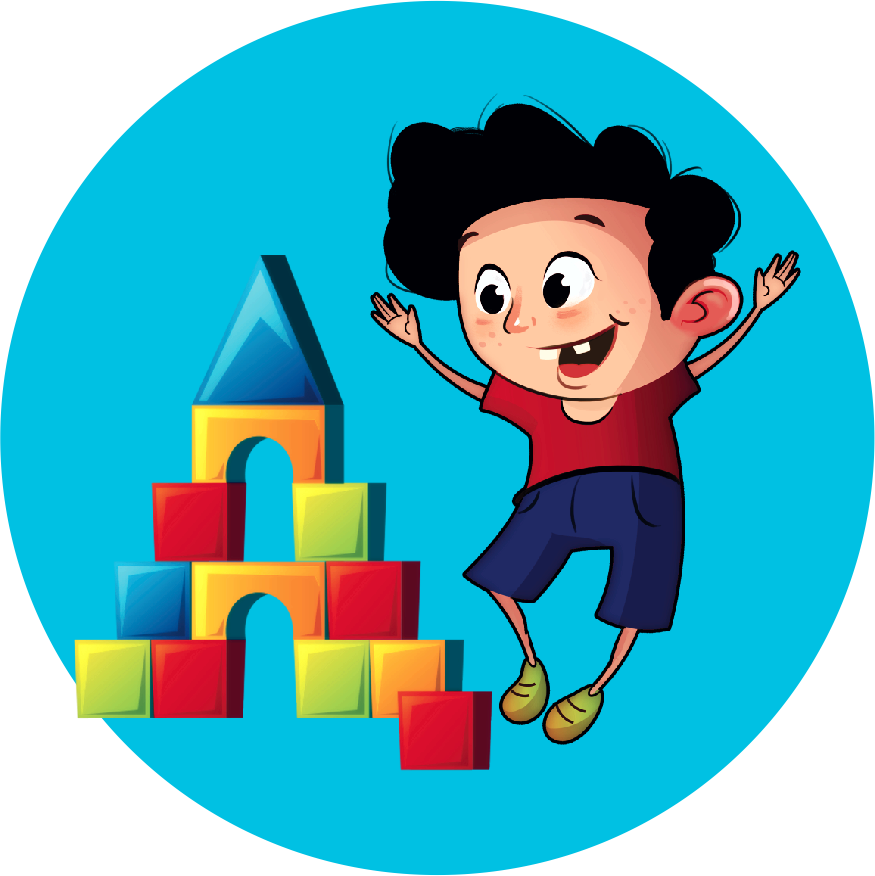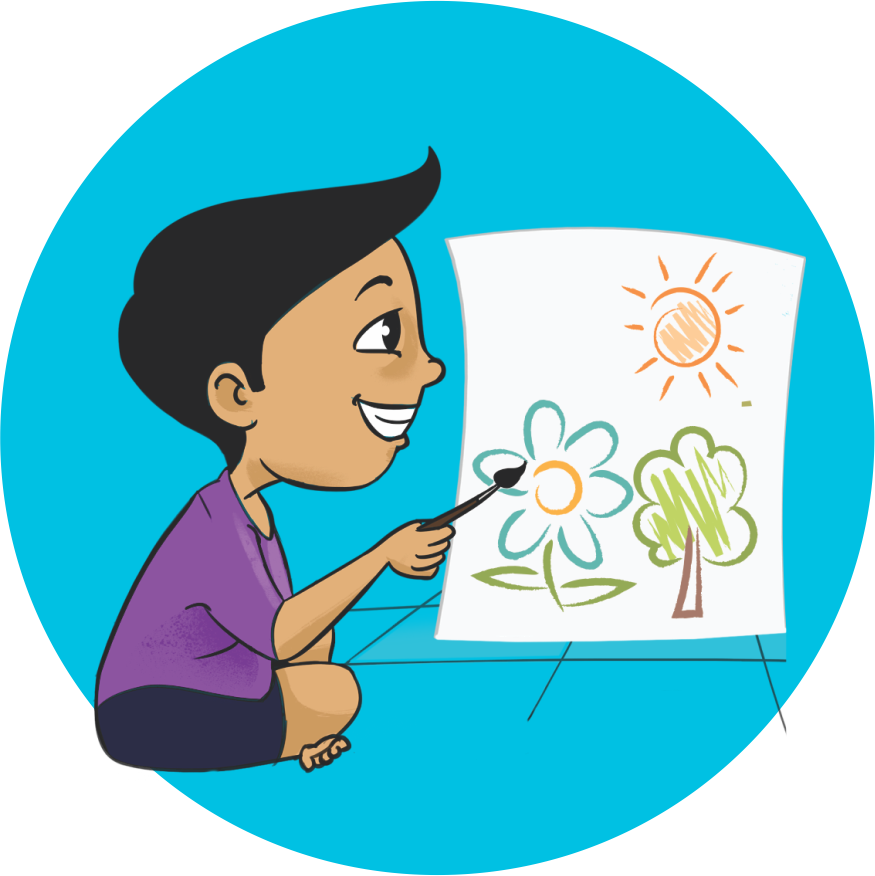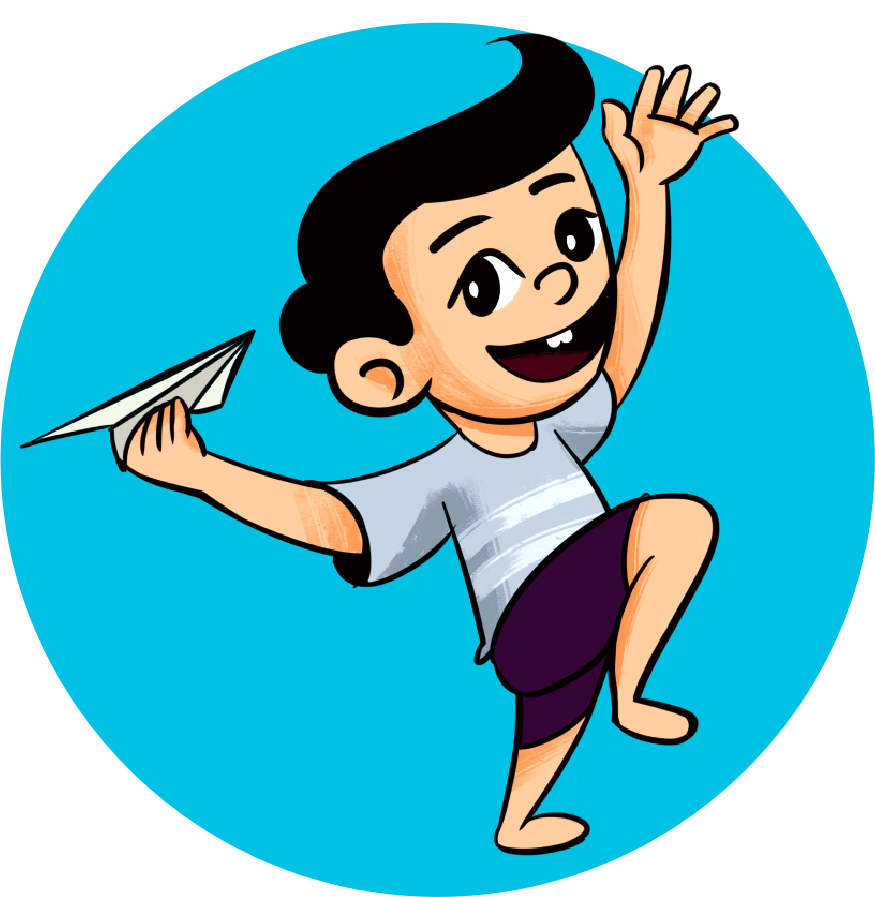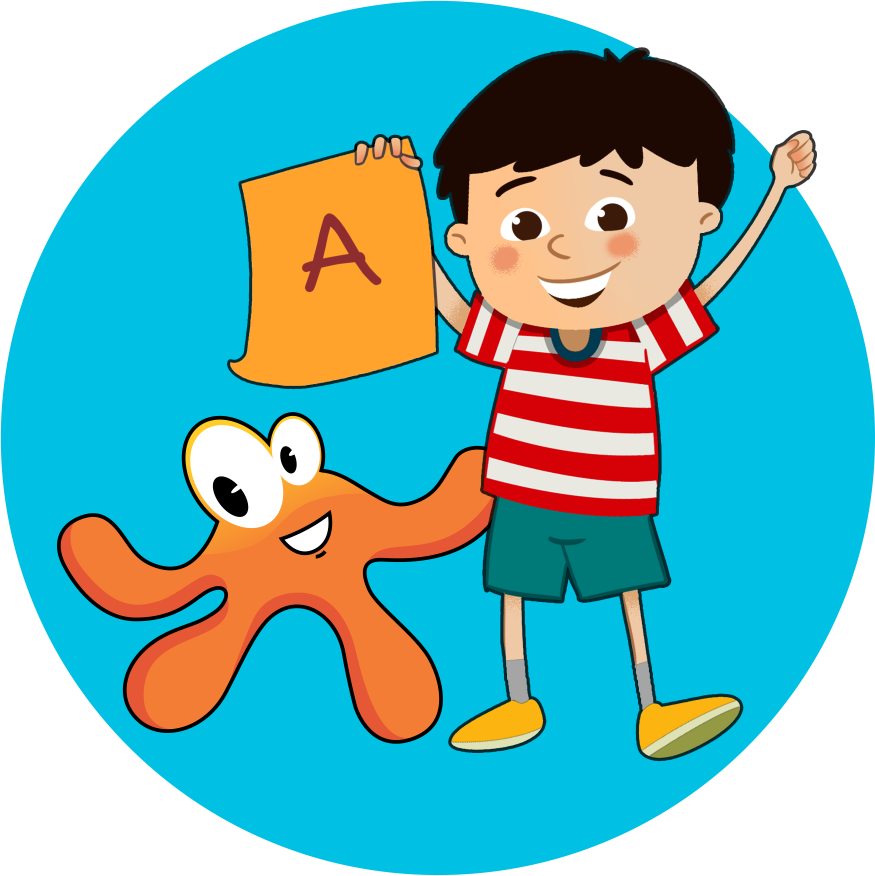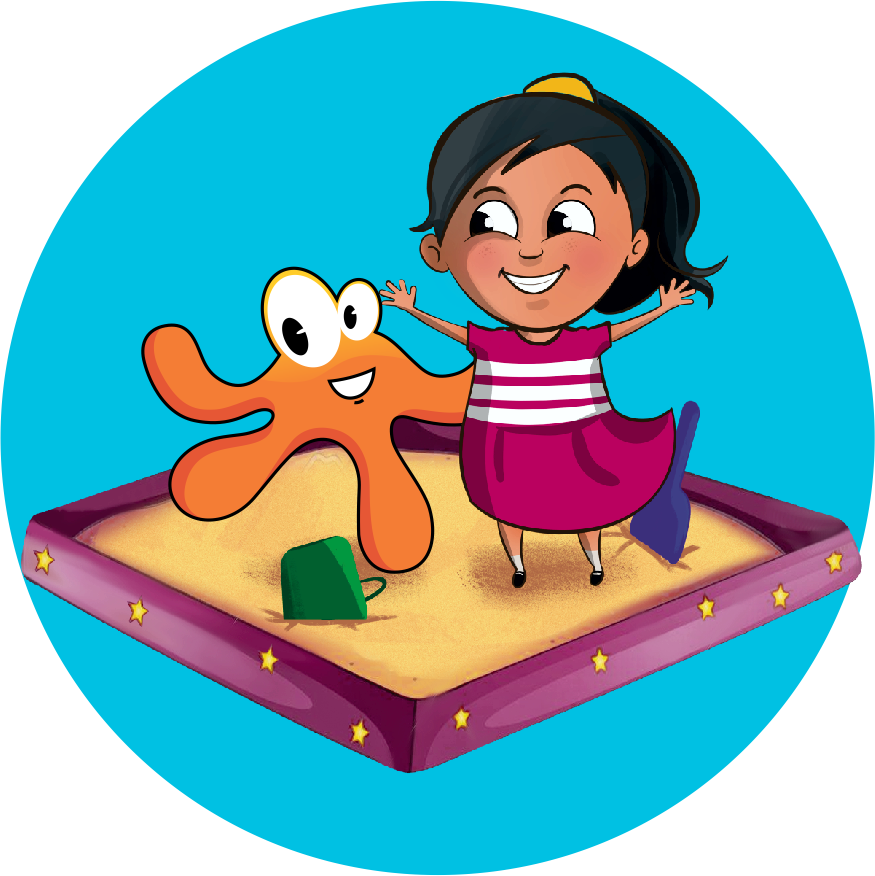Developmentally Appropriate Practices (DAP)
Developmentally Appropriate Practices (DAP) is a way of teaching that meets young children where they are — which means that teachers must get to know them well — and enables them to reach goals that are both challenging and achievable.
DAP does not mean making things easier for children. It means children are allowed to be children – playing, creating, pretending and exploring.
Teachers do not fill children with information but are invisible facilitators, encouraging and assisting children to satisfy their curiosity.
As research shows us that this is necessary to develop children who are born critical thinkers and self-motivated learners.
All they need is a supportive environment to make them happy well-adjusted individuals.
STEAM
Science, Technology, Engineering, Arts, Mathematics
Science – Encourages curiosity, investigation, answering questions and problem solving by experimentation and exploration.
Technology – uses simple tools like crayons, rulers or more complex ones like magnifying glass, microscope or computers.
Engineering – recognizing problems and devising and testing solutions.
Arts– fosters creativity, process development, independence and decision making.
It also fosters expression and illustration of concepts children are learning as they explore with various materials like paints, crayons, colored pencils, markers, collage material, chalks, and glue.
Mathematics – helps with not just numbers but patterns and shapes. It teaches reasoning, logical thinking, deduction, etc.
Skill Development – The new research shows that individuals with well-developed skills rather than individuals with only a wealth of information will be the requirement of the future.
Our Focus
Physical Skills
Gross Motor Skills include not just the development of large muscle groups but also includes body awareness, reaction, speed, strength and balance, and coordination.
Fine Motor Skills or dexterity is co-ordination of small muscles with synchronized movements of hands and fingers with eyes.
These skills are required for numerous tasks, but for students, academics writing skills is the biggest one. These muscles must be developed before we expect children to write.
Social and Emotional Skills
In the early years, children must be exposed to an environment where they can practice various social skills.
These skills will help children adjust to various environments they need to interact in through their life.
Here at GEMS children will get an opportunity to develop social skills like expressing emotions, communication, listening skills, collaborations, empathy, respect for self and others, understanding and following routines, etc.
Concept Development
Concept development refers to the basic understanding that is necessary to make sense of one’s world.
This includes ideas about the self and others, objects, and the environment.
Critical Thinking
One of the most important skills needed in the 21st century. Educationists believe this is one of the skills that will set children apart as they move ahead in different spheres of life in the future.
In today’s technologically driven and rapidly changing world, children need to be critical thinkers.
They should be able to make sense of and be able to analyze, compare, contrast, make inferences of the plethora of ever-changing information available to them.
Language Skills
Listening skills
Comprehending skills
Speaking Skills
Reading Skills
Writing skills
All of the above need to be developed in the correct sequence for children to develop excellent and well-rounded language skills


